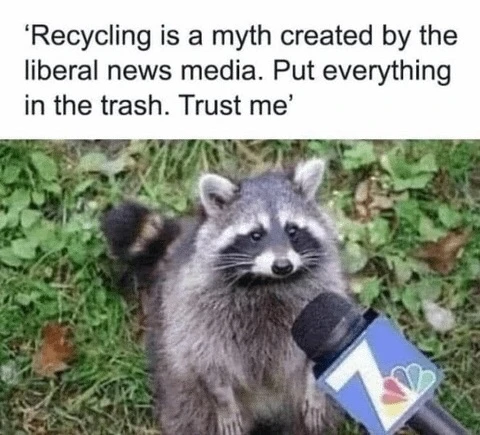this post was submitted on 23 Jul 2025
438 points (98.9% liked)
Memes
11645 readers
765 users here now
Post memes here.
A meme is an idea, behavior, or style that spreads by means of imitation from person to person within a culture and often carries symbolic meaning representing a particular phenomenon or theme.
An Internet meme or meme, is a cultural item that is spread via the Internet, often through social media platforms. The name is by the concept of memes proposed by Richard Dawkins in 1972. Internet memes can take various forms, such as images, videos, GIFs, and various other viral sensations.
- Wait at least 2 months before reposting
- No explicitly political content (about political figures, political events, elections and so on), !politicalmemes@lemmy.ca can be better place for that
- Use NSFW marking accordingly
Laittakaa meemejä tänne.
- Odota ainakin 2 kuukautta ennen meemin postaamista uudelleen
- Ei selkeän poliittista sisältöä (poliitikoista, poliittisista tapahtumista, vaaleista jne) parempi paikka esim. !politicalmemes@lemmy.ca
- Merkitse K18-sisältö tarpeen mukaan
founded 3 years ago
MODERATORS
you are viewing a single comment's thread
view the rest of the comments
view the rest of the comments


Cans and glass are infinitely recyclable. Recycling aluminum saves 96% of the energy of producing new.
Paper is semi recyclable, but it degrades, so it can only go through the process a certain number of times.
Plastic is marginally recyclable. Only about 10% of plastic that goes into a recycling bin gets recycled. It was a hoax by petro-chem to make plastic seem more sustainable than it is.
I believe that Iceland is home to some incredible geothermal networks, and thus they can produce aluminum at a volume and rate that outstrips any other nation by a mile.
That said, I'm curious how the electricity would be transferred from Iceland's geothermal plants with maximum fidelity. Follow-up, if that number changes, so should the "96%", correct? I'm no engineer, barely an oneironaut, so I'm just throwing it out there, in case anyone can break that down? 🤓
Based on this Ontario and Quebec should be pretty good at recycling aluminium as well.
It's this what ol Q'bert brought to France when they wanted to split off and come home to mommy? Just asking.
https://en.m.wikipedia.org/wiki/Aluminium_recycling
Aluminium recycling is the process in which secondary commercial aluminium is created from scrap or other forms of end-of-life or otherwise unusable aluminium.[1] It involves re-melting the metal, which is cheaper and more energy-efficient than the production of virgin aluminium by electrolysis of alumina (Al2O3) refined from raw bauxite by use of the Bayer and Hall–Héroult processes.
Recycling scrap aluminium requires only 5% of the energy used to make new aluminium from the raw ore.[2]
Care to take a swing at the other points I brought up? Thanks for the silent clarification via wiki, though. That's a step.
I'm not really sure what you're asking or getting at. Could you be more explicit?
Which points are stumping you? I can help, I think.
oh wow thats much better than I thought!
That 10% is going to be country specific, much higher plastic recycle rates are possible and are already happening in some countries.
In the eu about 40% of plastic packaging waste gets recycled, but with significant differences per country: https://www.europarl.europa.eu/topics/en/article/20181212STO21610/plastic-waste-and-recycling-in-the-eu-facts-and-figures
Slovakia and Belgium are/were the eu's best performers in 2022. When looking for more general figures for Belgium, instead of only packaging, I found that 38.6% of plastic waste was recycled and 59.8% was used for energy generation, while the rest ended up in a landfill. https://plasticseurope.org/wp-content/uploads/2024/05/CircularEconomy_nationalinfographics_2024.pdf